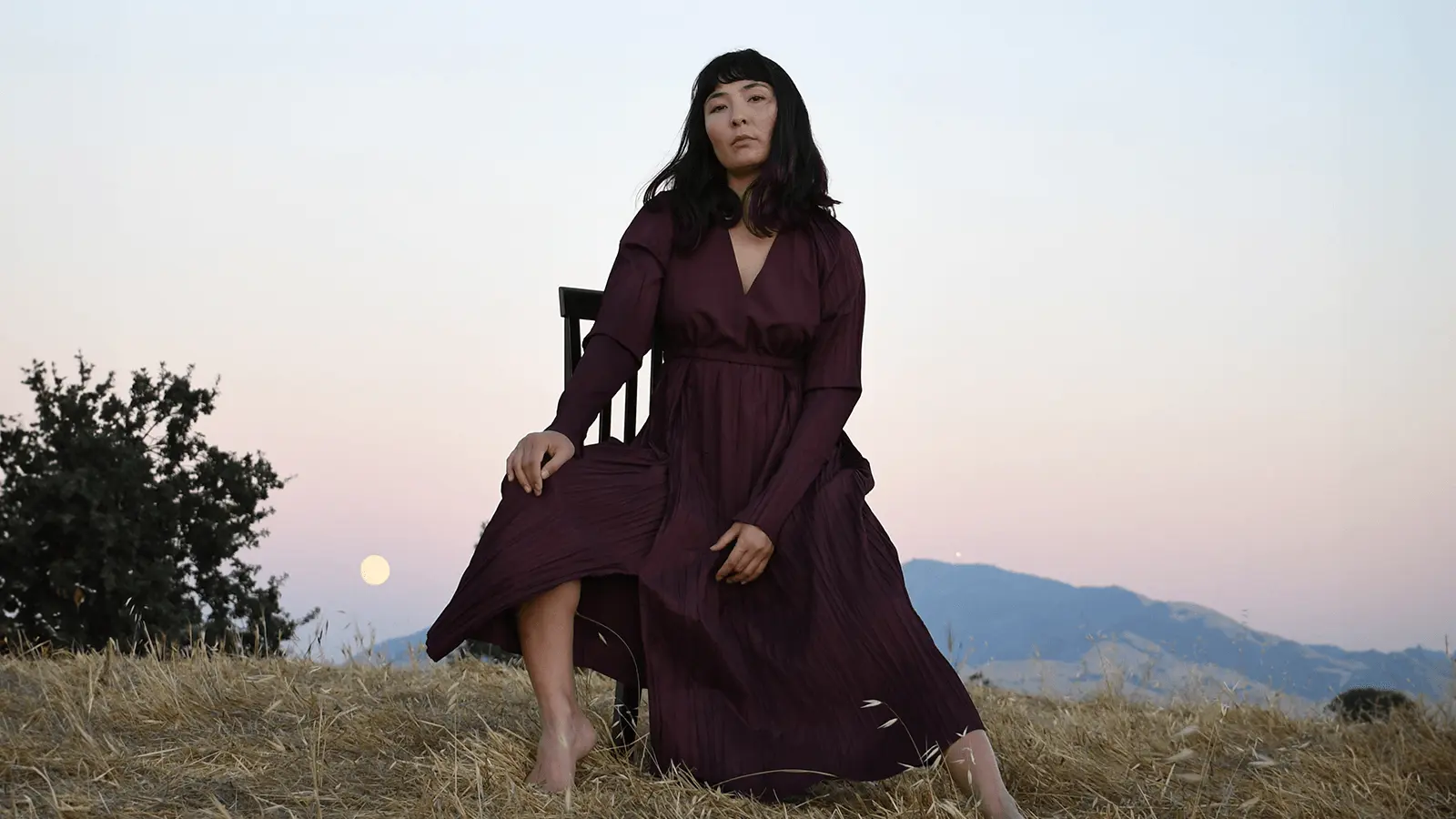Against a dark background, surrounded by flames, Afghan pop musician Elaha Soroor is seen breaking shackles in her latest music video, released last month, in collaboration with Afghan rapper Sonita Alizada. Their Persian words, sung in a deep melodious voice, translate to: “I have power as much as they; know my strength and see my way. Pregnant with the uprising; patience is not my thing.”
The powerful lyrics, written by Soroor and Alizada, are punctuated by the chorus chant of ‘Naan, Kar, Azadi!’ (bread, work, freedom!) – the title of their song, and a homage to the slogans by the women protestors in Afghanistan in the aftermath of the Taliban takeover of Afghanistan in August 2021.
Since coming to power, the insurgent group has severely restricted women’s rights and freedoms in the country, simultaneously crushing all public dissent and criticism. Yet, despite threats of violence, many small pockets of resistance, largely led by women, continue to simmer inside Afghanistan. And it is this movement that inspires much of the new music produced by Afghan musicians in the post-Taliban era.
This latest song is Soroor’s first collaboration with Alizada, whose 2014 biographical track Daughters For Sale, about the evils of child marriage in Afghanistan, made international headlines. Although, the two women have never met in person, Soroor says they were both drawn to each other’s music and will to amplify the stories of Afghan women.
For Soroor, who was recently named one of the BBC’s 100 Women of 2024, music is a form of non-violent rebellion. “The Taliban are targeting music and artists so they can isolate us,” she says. “They can take our [language], our culture from us, so people can no longer relate to us. So I feel producing music is a way to fight back in this cultural war, to the keep the world connected to us.”
She is not alone. In a country where music is illegal – and women’s voices have even been banned from public spaces – the Taliban’s restrictions have only strengthened the resolve of Afghan musicians, particularly women, to sing louder – sometimes under cover, other times from exile.
Read full story on Service95
